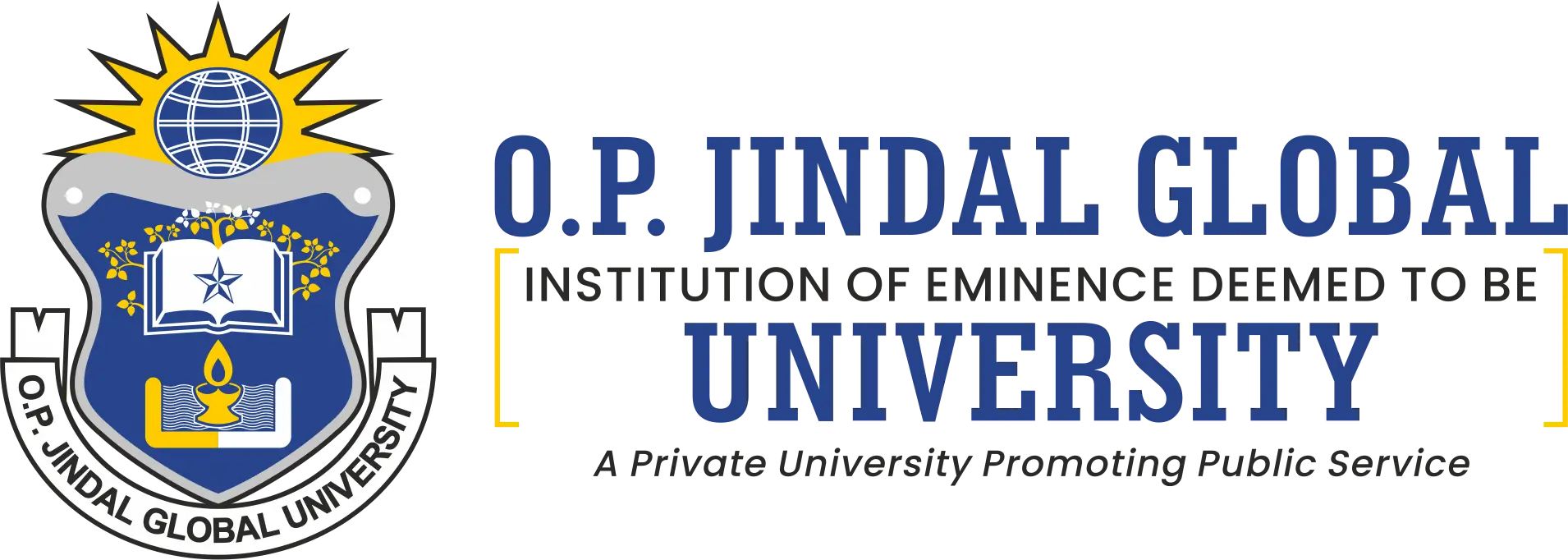Quality Education
O.P. Jindal Global University (JGU) demonstrates a strong commitment to advancing United Nations Sustainable Development Goal 4 (SDG 4): Quality Education, through its inclusive policies, innovative teaching methods, and global collaborations.
Expanding Access and Equity
JGU directly addresses equitable access by annually increasing its student intake, providing quality higher education to over 15,000 students and helping to reduce pressures on India’s government-funded institutions. The university’s drive for equity is evident in its robust scholarship programs. About 50% of students receive financial assistance, prioritizing individuals from socially and economically disadvantaged backgrounds. Furthermore, JGU has achieved near gender parity, with female students comprising 49% of the total, reflecting its commitment to reducing educational disparities.
Inclusive and Innovative Pedagogy
The university is dedicated to experiential and lifelong learning, integrating contemporary case analysis methods such as docudramas and docuseries into curricula. This ensures students are not only academically prepared but are also empowered with skills essential for sustainable development: critical thinking, creativity, and adaptability. JGU’s learning environment values diverse perspectives and encourages continual professional and personal growth.
Community Engagement and Global Partnerships
JGU promotes lifelong learning beyond campus by organizing multidisciplinary events with scholars, activists, artists, and policymakers, bridging global and local issues for its stakeholders. The university’s international collaborations (with over 325 partner institutions in more than 65 countries) broaden access to global knowledge systems, enabling shared progress towards SDG 4 targets.
Impactful Outcomes
Through a holistic model that transcends traditional academics, JGU ensures that quality education is not only accessible but also equitable, inclusive, and attuned to the UN SDGs. The result is a diverse and empowered graduate community, equipped to make meaningful contributions at local, national, and global levels.



